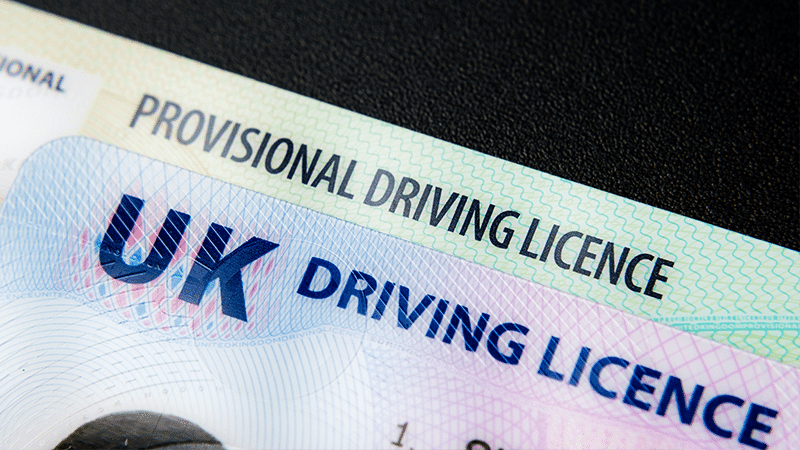Thousands of people changed the sex marker on their driving licence last year, it has been revealed.
In order to change legal sex by obtaining a gender recognition certificate, a person must have lived as if they are a member of the opposite sex for two years, have a medical diagnosis of gender dysphoria, and be approved by a panel.
But the DVLA requires only a signed statement from a solicitor ‘confirming’ the new identity in order to change the sex registered on a driving licence.
‘Harmful practice’
A freedom of information request made by the Daily Express showed that in 2023 the DVLA altered the sex marker on 3,488 licences, bringing the total number of sex-swap licences issued by the Government agency to 16,200 since 2018.
Christian MP Nick Fletcher responded: “It is not possible to change sex. It is not right for the state to pretend to vulnerable young people that they can. We need legislation to stop this harmful practice.”
Maya Forstater, Executive Director of Sex Matters, feared that some would use the document “to bolster their claim to a ‘gender identity’ different to their sex” and seek to gain access to “facilities for the opposite sex”.
A DVLA spokesman said: “There are stringent requirements for drivers wishing to change the gender shown on their licence in that they must provide either a deed poll declaration, a statutory declaration or a gender recognition certificate.”
Flimsy requirements
HM Passport Office recently confirmed that in 2022, more than 500 people requested their legal sex be altered on their passport. Between 2018 and 2022, more than 3,000 requests were approved.
The minimum requirement made by the Passport Office is a note from a medical practitioner – which could be a ‘specialist nurse’ rather than a clinical psychologist – stating that the person’s desire to live as a member of that sex is “likely to be permanent”.
Last year, Christian MP Miriam Cates raised the issue in the House of Commons, asking Equalities Minister Kemi Badenoch why it was easier to obtain an amended passport than a gender recognition certificate.
She said: “Sex matters, in life and in law, and it is right that the UK has its own rigorous processes for gaining GRCs, but these safeguards do not apply to the process of changing sex markers on passports and driving licences, which are far more commonly used for identification in real life.”
EHRC advises Govt to adopt biological definition of sex
Court: ‘Men can take female-only positions on company boards’
Times editorial slammed for encouraging self-ID for gender-confused pupils
Domestic violence charity advertises job to those who self-ID as women

